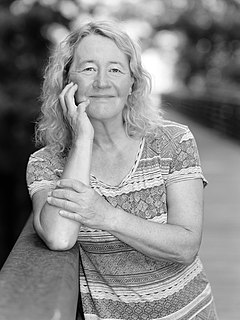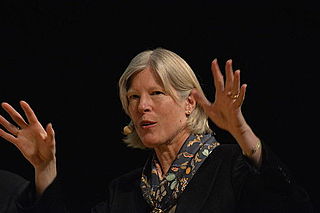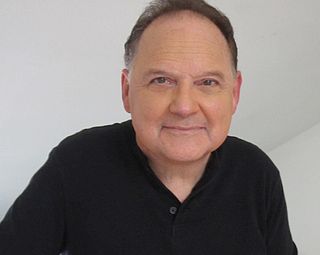A Quote by Elizabeth Blackburn
This enzyme, called telomerase, slows the rate at which telomeres degrade, and research indicates that healthy people with longer telomeres have less risk of developing the common illnesses of aging - like heart disease, diabetes, and cancer, which are three big killers today.
Related Quotes
What I found out on Christmas Day 1984, through biochemical evidence, was that telomeres could be lengthened by the enzyme we called telomerase, which keeps the telomeres from wearing down. After I found that out, I went home and put on Bruce Springsteen's 'Born in the USA,' which was just out, and I danced and danced and danced.
We believe that such a significant increase in longevity is due to the protective effect against cancer produced by caloric restriction - incidences fall by 40 percent if we compare them with the mice that produce more telomerase and have a normal diet - and, added to the presence of longer telomeres, this makes the mice live longer and better.































